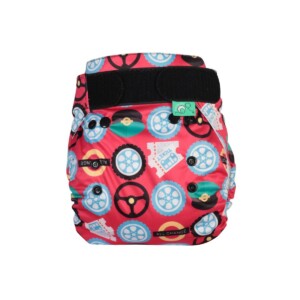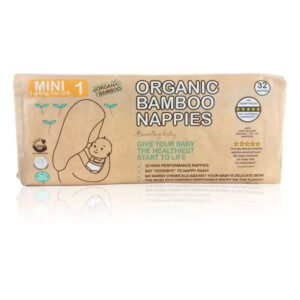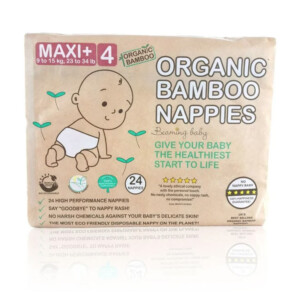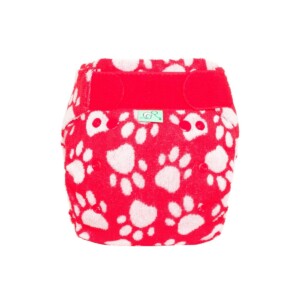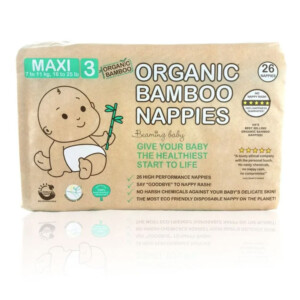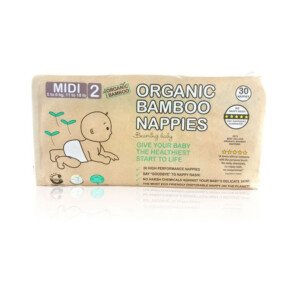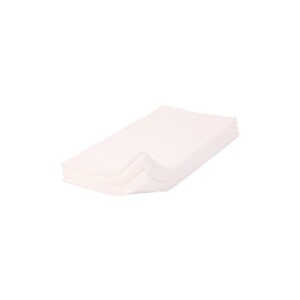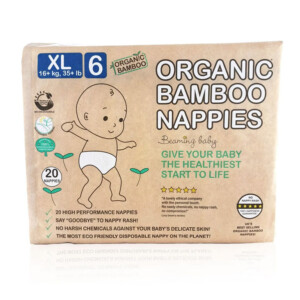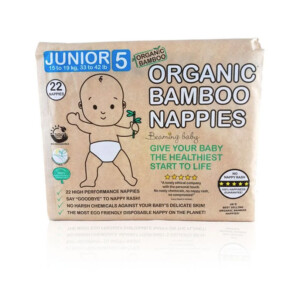Products (9)
- Skincare
- All Skincare
- All Moisturisers
- All Shaving
- Balms
- Body Butters
- Body Oil
- Body Scrubs
- Cloths & Rounds
- Deodorants
- Eye Creams
- Face Creams
- Face Masks
- Facial Cleansers
- Face Scrubs
- Facial Serums
- Facial Toners
- Foot & Hand Creams
- Lip Balms
- Men’s Skincare
- Nail Care
- Perfume & Cologne
- Safety Razors
- Shaving Brushes
- Shaving Soap
- Suncream
- Skincare Accessories
- Haircare
- Makeup
- Bathroom
- All Bathroom
- All Dental Care
- Bath Bombs
- Bath Salts
- Bath Mats
- Bathroom Cleaning
- Body Brushes
- Body Wash
- Cotton Swabs
- Dental Floss
- Interdental Brushes
- Menstrual Products
- Liquid Soaps
- Mouthwash
- Nail Brushes
- Shower Steamers
- Soap Bars
- Soap Dishes
- Soap Pouches
- Sponges
- Toilet Brushes
- Toilet Roll
- Toiletry Bags
- Tongue Scrapers
- Toothbrush Cases
- Toothbrushes
- Toothpaste
- Kitchen
- For The Home
- On-The-Go
- Mama & Baby
- Food & Drink
- Gifts
- Plastic Free July
- Blog
- New Arrivals
- Love The Wild Club
- Contact Us
- Skincare
- All Skincare
- All Moisturisers
- All Shaving
- Balms
- Body Butters
- Body Oil
- Body Scrubs
- Cloths & Rounds
- Deodorants
- Eye Creams
- Face Creams
- Face Masks
- Facial Cleansers
- Face Scrubs
- Facial Serums
- Facial Toners
- Foot & Hand Creams
- Lip Balms
- Men’s Skincare
- Nail Care
- Perfume & Cologne
- Safety Razors
- Shaving Brushes
- Shaving Soap
- Suncream
- Skincare Accessories
- Haircare
- Makeup
- Bathroom
- All Bathroom
- All Dental Care
- Bath Bombs
- Bath Salts
- Bath Mats
- Bathroom Cleaning
- Body Brushes
- Body Wash
- Cotton Swabs
- Dental Floss
- Interdental Brushes
- Menstrual Products
- Liquid Soaps
- Mouthwash
- Nail Brushes
- Shower Steamers
- Soap Bars
- Soap Dishes
- Soap Pouches
- Sponges
- Toilet Brushes
- Toilet Roll
- Toiletry Bags
- Tongue Scrapers
- Toothbrush Cases
- Toothbrushes
- Toothpaste
- Kitchen
- For The Home
- On-The-Go
- Mama & Baby
- Food & Drink
- Gifts
- Plastic Free July
- Blog
- New Arrivals
- Love The Wild Club
- Contact Us
FREE SHIPPING On Orders Over £50.00
Free delivery on £50 spend
Our customers say
Excellent
4.9
out of 5 based on
182024
reviews
Sign-up to earn points & rewards
